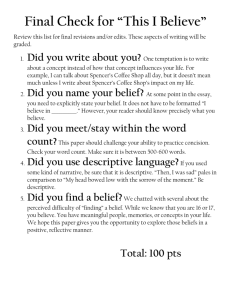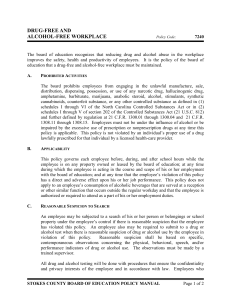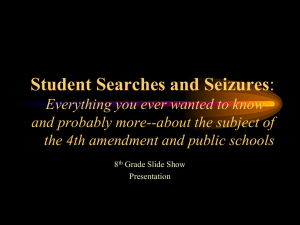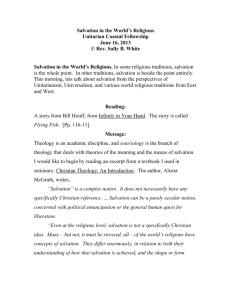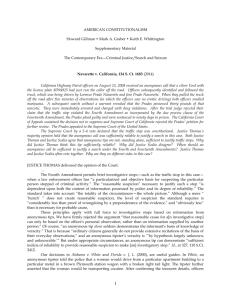conflicting enlightenment attitudes
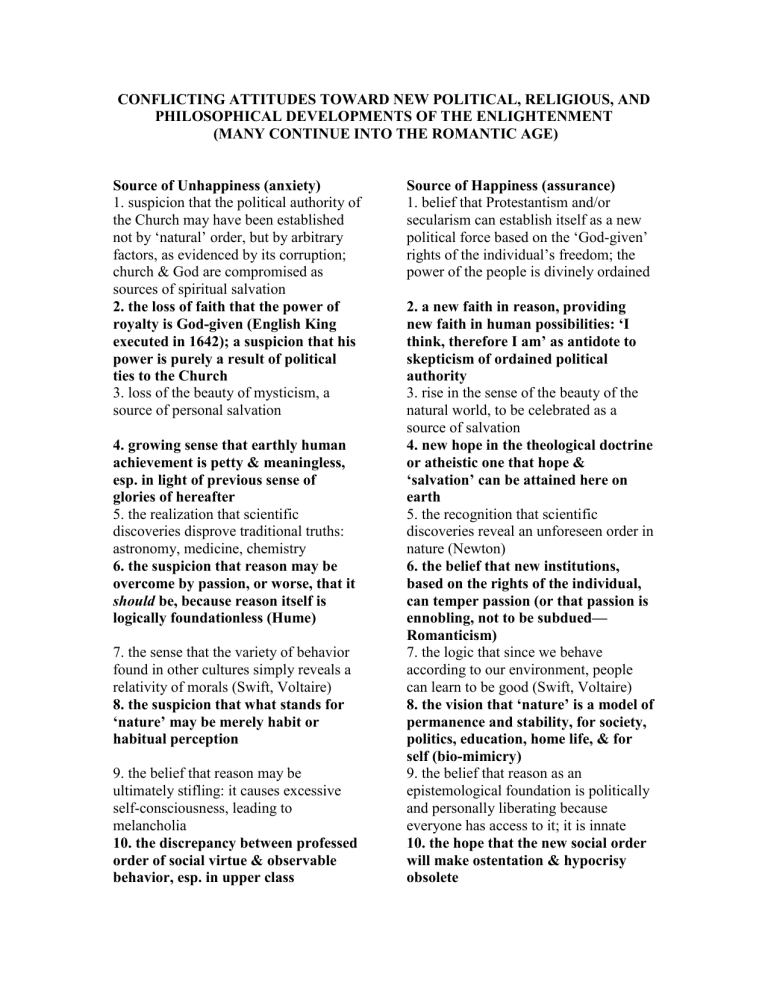
CONFLICTING ATTITUDES TOWARD NEW POLITICAL, RELIGIOUS, AND
PHILOSOPHICAL DEVELOPMENTS OF THE ENLIGHTENMENT
(MANY CONTINUE INTO THE ROMANTIC AGE)
Source of Unhappiness (anxiety)
1. suspicion that the political authority of
Source of Happiness (assurance)
1. belief that Protestantism and/or the Church may have been established not by ‘natural’ order, but by arbitrary factors, as evidenced by its corruption; church & God are compromised as sources of spiritual salvation secularism can establish itself as a new political force based on the ‘God-given’ rights of the individual’s freedom; the power of the people is divinely ordained
2. the loss of faith that the power of royalty is God-given (English King executed in 1642); a suspicion that his power is purely a result of political ties to the Church
3. loss of the beauty of mysticism, a source of personal salvation
4. growing sense that earthly human achievement is petty & meaningless, esp. in light of previous sense of glories of hereafter
5. the realization that scientific discoveries disprove traditional truths: astronomy, medicine, chemistry
6. the suspicion that reason may be overcome by passion, or worse, that it
should be, because reason itself is logically foundationless (Hume)
7. the sense that the variety of behavior found in other cultures simply reveals a relativity of morals (Swift, Voltaire)
8. the suspicion that what stands for
‘nature’ may be merely habit or habitual perception
9. the belief that reason may be ultimately stifling: it causes excessive self-consciousness, leading to melancholia
10. the discrepancy between professed order of social virtue & observable behavior, esp. in upper class
2. a new faith in reason, providing new faith in human possibilities: ‘I think, therefore I am’ as antidote to skepticism of ordained political authority
3. rise in the sense of the beauty of the natural world, to be celebrated as a source of salvation
4. new hope in the theological doctrine or atheistic one that hope &
‘salvation’ can be attained here on earth
5. the recognition that scientific discoveries reveal an unforeseen order in nature (Newton)
6. the belief that new institutions, based on the rights of the individual, can temper passion (or that passion is ennobling, not to be subdued—
Romanticism)
7. the logic that since we behave according to our environment, people can learn to be good (Swift, Voltaire)
8. the vision that ‘nature’ is a model of permanence and stability, for society, politics, education, home life, & for self (bio-mimicry)
9. the belief that reason as an epistemological foundation is politically and personally liberating because everyone has access to it; it is innate
10. the hope that the new social order will make ostentation & hypocrisy obsolete






